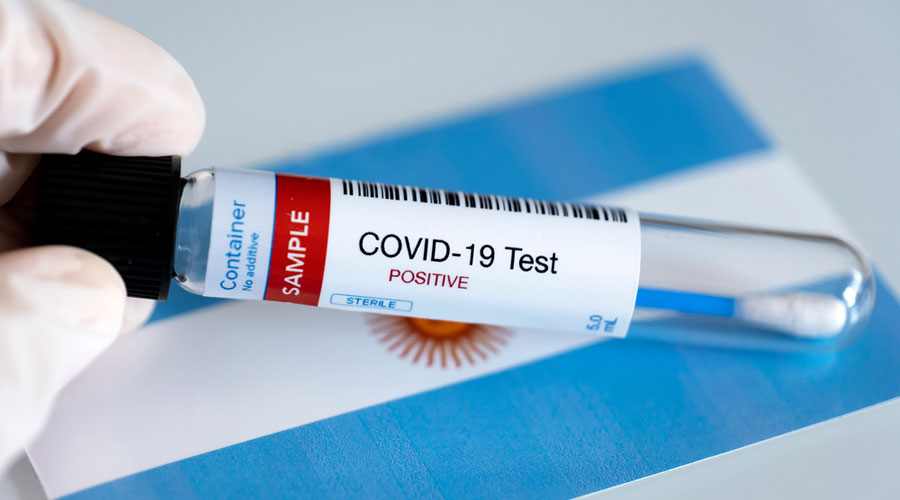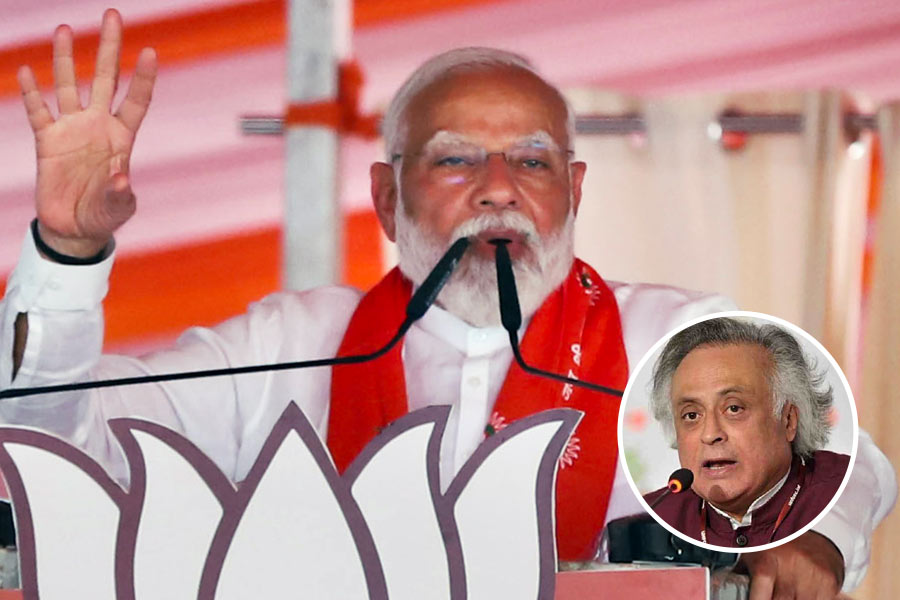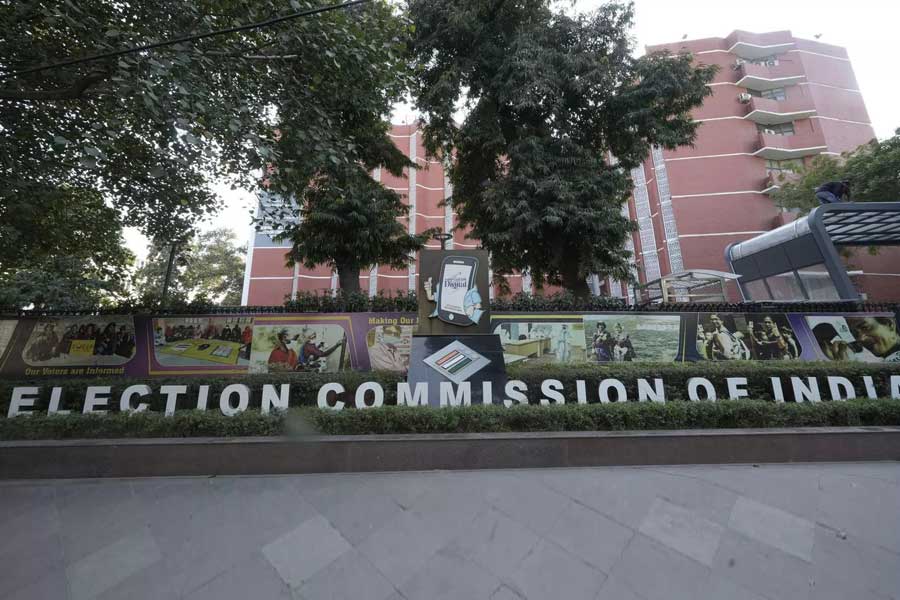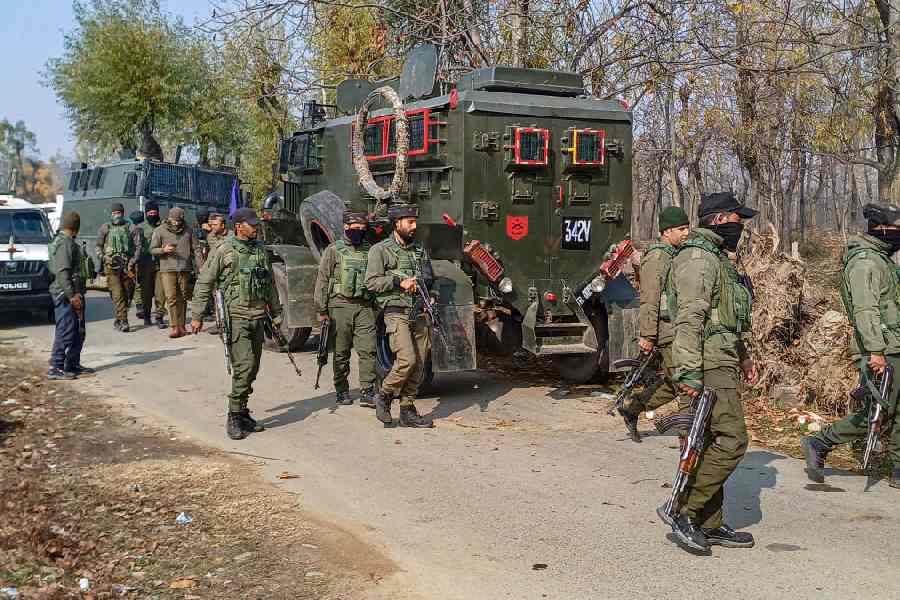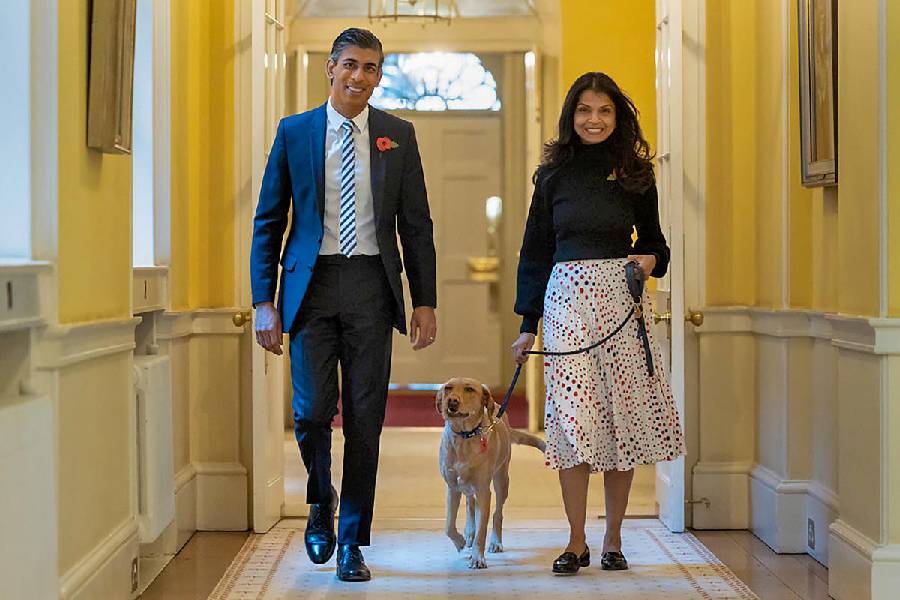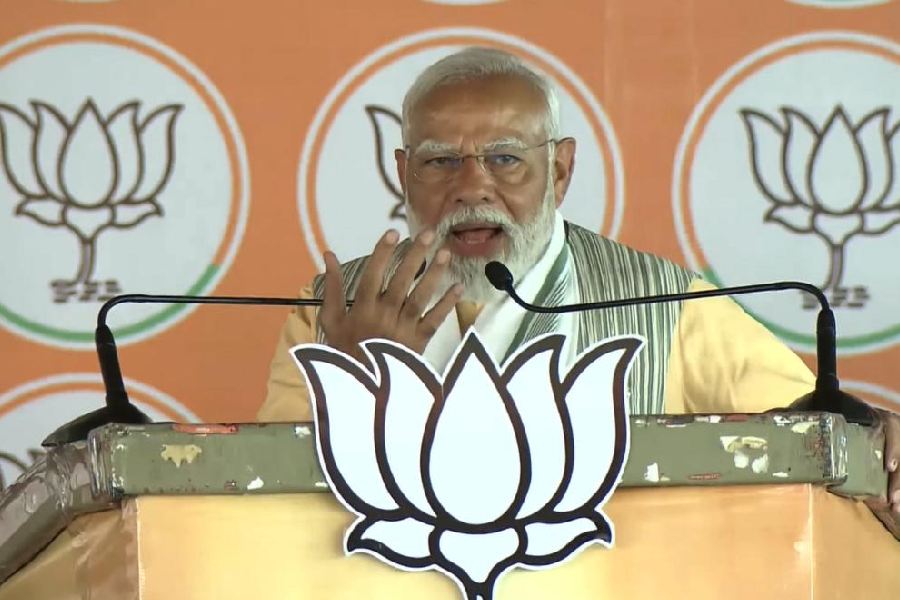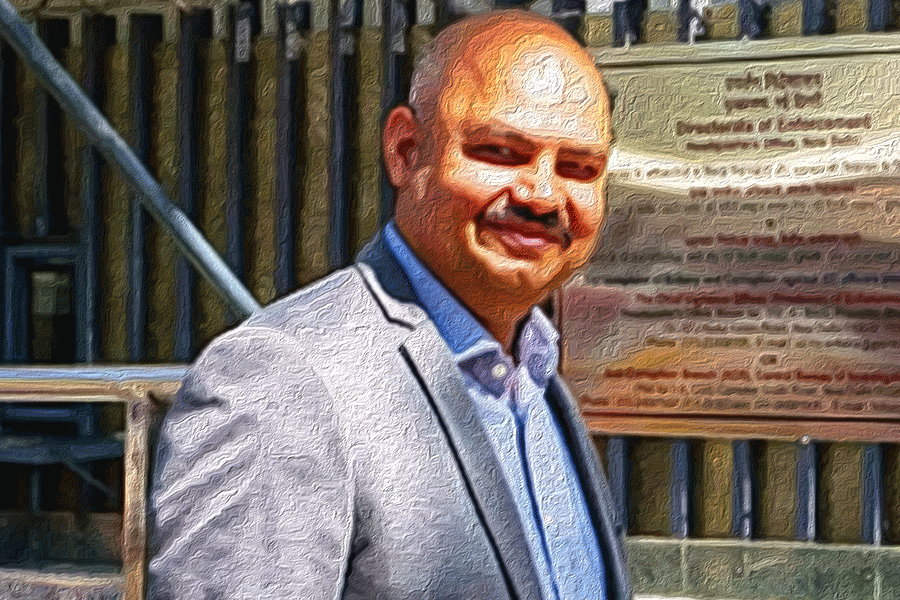Doctors are seeing a steady stream of patients, mostly young men, arrive clutching their chests, convinced they are going to die of Covid-19, a heart attack or both. They have no risk factors, no lifestyle diseases. But they are constantly exposed to the latest pandemic news and statistics via TV, computer or smartphone. This contributes to their anxiety. “If the whole world is dying of Covid, will I too,” they wonder.
The body is unable to cope with this fear and starts a “flight-or-fight response” with the release of biochemicals adrenaline and noradrenaline. These, in turn, produce a cascade of physical manifestations. Called “panic attacks”, these can occur at any time.
Such people are drenched in sweat and convinced they are going to die. They usually arrive at the hospital clutching their chest as they hyperventilate, tremble and sweat profusely. The rapidly-beating heart and the sweating are the only physical manifestations. The rest are feelings — weakness or giddiness, tingling in the fingers and toes, and chest pain. There is no fever, the main factor that differentiates it from Covid.
Heart attacks are more likely in older people with obesity, diabetes, hypertension, elevated lipids and an unsatisfactory, sedentary lifestyle. Although both cause sweating and chest pain, in a heart attack the pain radiates down the arm, to the back and up to the neck. A panic attack results in hyperventilation. In a heart attack, there is breathlessness and air hunger.
A panic attack usually resolves on its own in about 15 minutes, whereas a heart attack gets worse with time. If there is any doubt, then you have to proceed to the hospital to obtain a diagnosis.
Panic disorders may run in families. Genetically, there is an imbalance in the chemicals in the brain; an excess is secreted in response to a real or perceived threat so that the normal physiological response to stress and danger is exaggerated. People with recurrent panic attacks are more likely to be depressed, suicidal and have a tendency to abuse alcohol or drugs.
Panic attacks stop as suddenly as they start. They can recur at intervals. Lifestyle stressors such as illness or loss of job can precipitate attacks. These stressors are now common and widespread; young people have lost their jobs and their financial stability. It is natural that such panic attacks will spread too.
These attacks are usually temporary. If the stressor persists, then the symptoms can progress to general anxiety disorder or GAD. The person permanently has excessive unrealistic worry, restlessness, irritability, headaches, sweating, trembling, nausea and insomnia.
Covid and its associated financial problems are likely to stay with us until a vaccine is developed and a majority of the population develops immunity, either through the vaccine or by acquiring the disease. Until then, here’s what you can do to cope with it:
- Breathe in for a count of 10, hold your breath for a count of 15 and breathe out forcefully drawing the stomach inwards for a count of 20. Doing this deep-breathing exercise 20 times calms the nerves and sends beneficial signals to the brain.
- Do 20 minutes of yoga stretches
- Meditate for 10 minutes
- Reduce the intake of caffeine (coffee, tea and cola)
- Have a basic physical check-up with investigations to make sure you do not have any other illness causing your symptoms.
Panic attacks are a diagnosis made by the elimination of other diseases. If they do not subside with the simple measures outlined above as well as the reassurance that you are normal, then medication may be required.
The writer is a paediatrician with a family practice at Vellore and the author of Staying Healthy in Modern India. If you have any questions on health issues please write to yourhealthgm@yahoo.co.in

